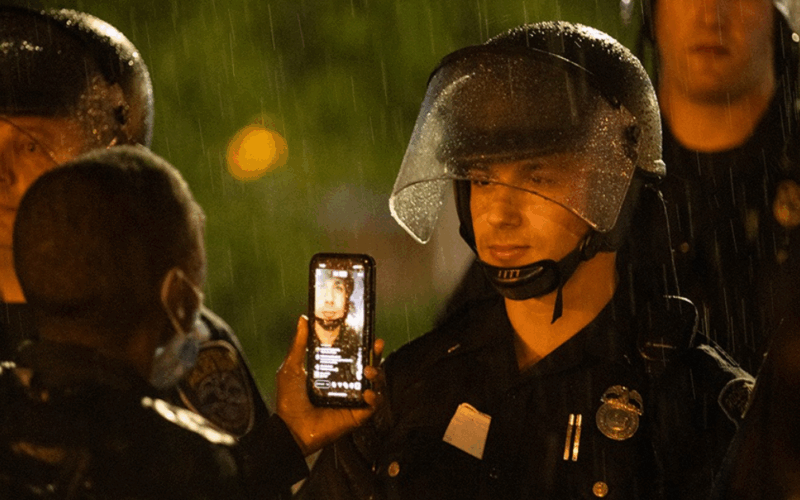Many people wonder if it is legal to record police officers during their duty. This topic has become very important, especially as more people use smartphones to capture videos in public. In Minneapolis, MN, like many other places in the United States, the question revolves around your rights under the First Amendment and the laws governing recording in public spaces.
This article will help explain whether it is illegal to record police officers in Minneapolis and what your First Amendment rights truly mean. Knowing your rights can protect you from misunderstandings and legal trouble while standing up for transparency and accountability.
What Are Your First Amendment Rights?
The First Amendment of the U.S. Constitution protects freedom of speech and the right to record public officials, including police officers. This means you generally have the right to record police officers in public places as long as you do not interfere with their work. The American Civil Liberties Union (ACLU) confirms that recording public officials can be a vital way to hold them accountable.
However, these rights are not unlimited. For instance, you cannot record in private places where there is an expectation of privacy, and you should not obstruct police officers during an investigation or arrest. According to the Electronic Frontier Foundation (EFF), courts have upheld the right to record police, but some restrictions may apply to ensure safety and order.
Is Recording Police Illegal in Minneapolis, MN?
In Minneapolis, there are no specific laws that make it illegal to record police officers in public. Police officers must respect your right to record, but they may ask you to stay at a safe distance or not interfere with their actions. If a police officer asks you to stop recording, it’s important to remain calm and ask for a clear reason.
Minneapolis police officers are expected to follow state laws and federal constitutional rights, which protect your ability to record in public. If you feel your rights are violated, it is better to comply during the incident and report the event to legal authorities later.
Important Things to Remember When Recording Police
Always remember to stay calm and respectful when recording police officers. Use your phone or camera openly and avoid hiding your device. Avoid physical interference or aggressive behavior because this can lead to arrest or charges unrelated to recording.
Make sure you record clearly and capture the event as it happens. If possible, share the video with trusted friends or upload it to respected organizations for public record. Organizations like the ACLU offer guidance on how to securely share videos.
Legal Consequences and Protection
While recording police is generally legal, there are times police may claim obstruction or other charges if they believe your recording stopped them from doing their job. It is important to document what happened carefully and seek legal advice if you face any charges.
Some legal groups provide free resources for people in such situations. For example, the National Lawyers Guild offers assistance on cases involving citizens recording police. Knowing your rights and having legal support can make a big difference in protecting yourself.
Final Thoughts
Recording police officers in Minneapolis is not illegal if done in public spaces and without interfering with police work. The First Amendment protects your right to record, but it also comes with some responsibilities. Always be aware of your surroundings and stay safe when recording.




